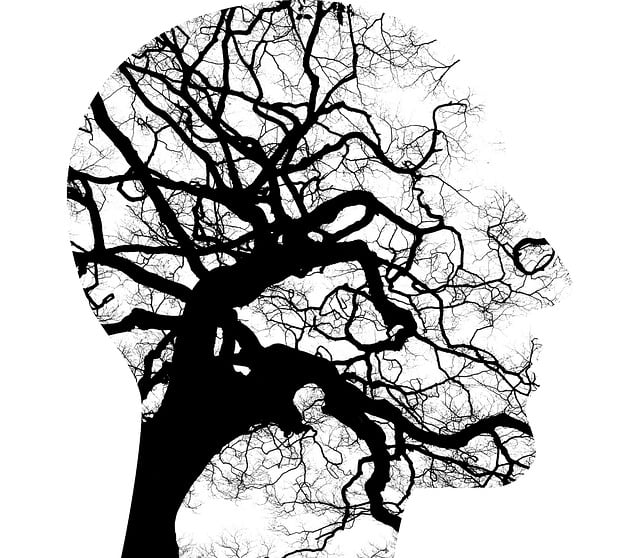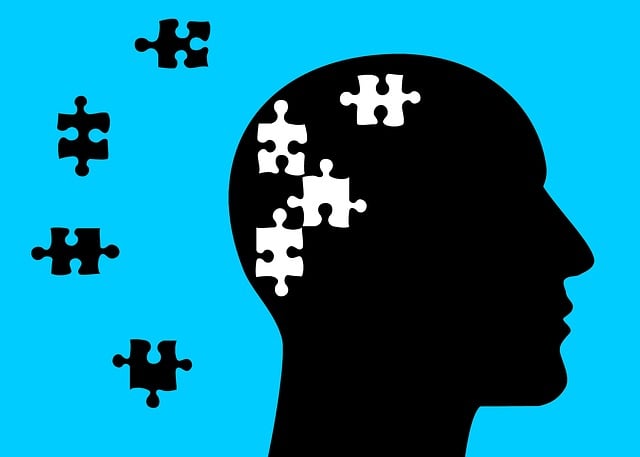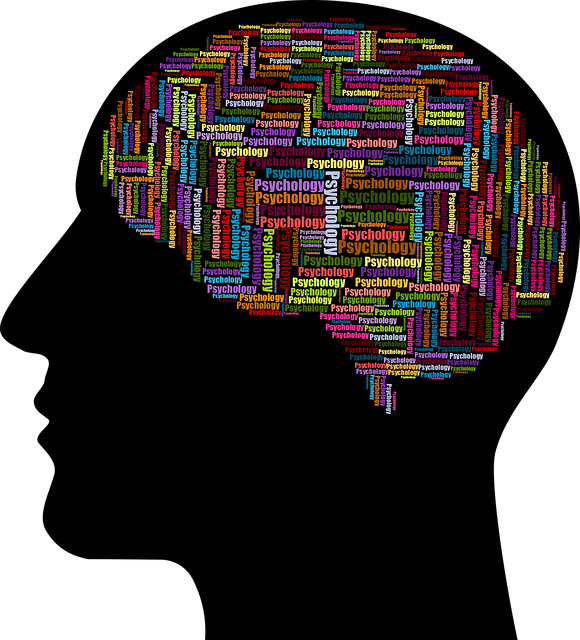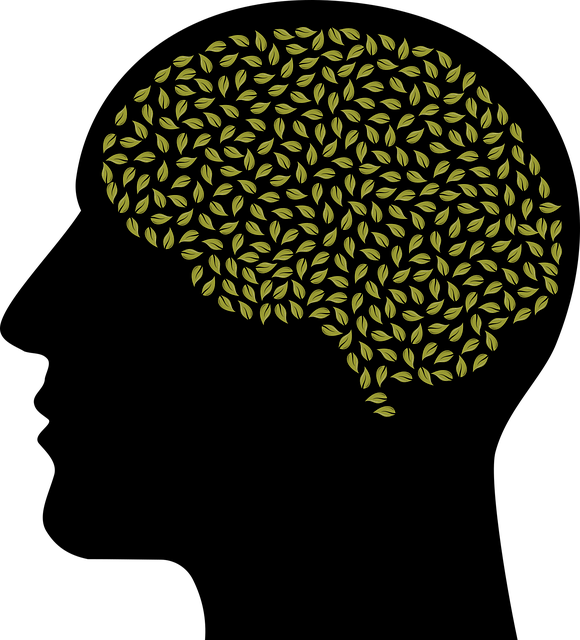Cultural competency in healthcare, especially therapy for young adults and family counseling, is crucial for delivering quality care. Understanding diverse cultural beliefs and practices helps providers create inclusive environments and adapt their approaches, particularly in trauma support and emotional healing. Biases significantly impact patient outcomes, so healthcare providers must recognize personal biases and undergo cultural competency training. Effective training programs, with tailored workshops and self-awareness exercises, empower professionals to build stronger therapeutic bonds, improve patient satisfaction, and promote positive outcomes for minority populations seeking therapy or family counseling.
“Cultural competency in healthcare is no longer a nice-to-have, but an essential requirement for delivering quality patient care. This article explores the critical need for such training among healthcare providers, focusing on its potential to improve outcomes. We delve into the adverse effects of cultural biases and stereotypes, offering insights on designing effective programs. Furthermore, we highlight innovative approaches like family counseling and therapy tailored for young adults from diverse backgrounds, emphasizing a cultural perspective in treatment.”
- Understanding Cultural Competency in Healthcare: A Necessity for Quality Care
- The Impact of Cultural Biases and Stereotypes on Patient Outcomes
- Designing Effective Training Programs for Healthcare Providers
- Incorporating Family Counseling and Therapy for Young Adults: A Cultural Approach
Understanding Cultural Competency in Healthcare: A Necessity for Quality Care

Cultural competency in healthcare is no longer a nice-to-have, but an absolute necessity for delivering quality care. It involves understanding and respecting diverse cultural beliefs, values, and practices within various communities, especially when providing therapy for young adults and family counseling. In today’s diverse society, healthcare providers interact with patients from different ethnic backgrounds, religions, and cultural traditions, requiring them to adapt their approaches to create inclusive environments.
This is particularly crucial in the context of trauma support services and emotional healing processes. Mental health professionals who are culturally competent can better address unique challenges faced by minority populations, ensuring that mental health policy analysis and advocacy align with community needs. By embracing this competency, healthcare providers foster stronger patient-provider relationships, improve access to care, and ultimately contribute to more positive outcomes for individuals seeking therapy, whether it’s for themselves or their families.
The Impact of Cultural Biases and Stereotypes on Patient Outcomes

Cultural biases and stereotypes can significantly impact patient outcomes, especially when healthcare providers unconsciously project their own beliefs or make assumptions based on a patient’s race, ethnicity, gender, or cultural background. These biases may lead to misdiagnoses, inadequate treatment plans, or even avoidance of certain populations. For instance, a study might reveal that minority patients are less likely to receive the same level of attention or therapy for mental health issues as their Caucasian counterparts. In the case of young adults seeking therapy or family counseling, such biases can further complicate matters. Young adults from diverse backgrounds may face unique challenges related to identity formation, cultural integration, and emotional well-being promotion techniques, all of which require tailored approaches.
Empathy building strategies are crucial in mitigating these effects. Healthcare providers who actively work on fostering positive thinking and understanding diverse cultural perspectives can create a safer, more inclusive environment for patients. This involves not only recognizing personal biases but also incorporating cultural competency training into their practice routines. By doing so, they can improve patient satisfaction, adherence to treatment plans, and overall emotional well-being promotion techniques.
Designing Effective Training Programs for Healthcare Providers

Designing effective training programs for healthcare providers is essential to ensuring quality care and improving patient outcomes. When creating workshops or courses, it’s crucial to consider the diverse backgrounds and needs of the target audience, such as young adults seeking therapy or families in need of counseling. Customizing the content to address specific cultural nuances and challenges fosters a more inclusive environment.
For instance, integrating self-awareness exercises and public awareness campaigns development can enhance providers’ understanding of diverse communities’ unique issues, including self-esteem improvement. These interactive sessions encourage personal reflection and equip healthcare professionals with tools to offer tailored support. By combining theoretical knowledge with practical activities, training programs can empower providers to deliver empathetic and culturally competent care, thereby strengthening the therapeutic bond between patient and practitioner.
Incorporating Family Counseling and Therapy for Young Adults: A Cultural Approach

Incorporating family counseling and therapy tailored for young adults within healthcare provider training is a culturally sensitive approach that addresses a critical gap in care. Many young adults face unique challenges, such as navigating college life, transitioning to adulthood, and managing mental health issues, which often require support from their familial networks. Family counseling can empower these individuals by fostering open communication, strengthening family bonds, and teaching coping skills development. This holistic strategy recognizes that the family environment significantly influences a young adult’s mental wellness and overall well-being.
By integrating family counseling and therapy for young adults into healthcare provider training, mental wellness podcast series production and journaling exercise guidance can become valuable tools. Healthcare providers equipped with these skills can facilitate engaging discussions on topics like stress management, emotional regulation, and building resilience. Such initiatives not only enhance cultural competency but also equip professionals to offer comprehensive care that respects diverse family structures and cultural beliefs, ensuring young adults receive the support they need for their mental wellness journey.
Cultural competency training is a vital tool in enhancing healthcare quality, especially when addressing the unique needs of young adults from diverse backgrounds. By recognizing and overcoming cultural biases, healthcare providers can significantly improve patient outcomes. The article highlights effective strategies, such as family counseling and therapy programs tailored to these demographics, which not only foster better communication but also lead to more positive health outcomes. Through comprehensive training, healthcare professionals can create inclusive environments, ensuring every young adult receives the compassionate care they deserve.














